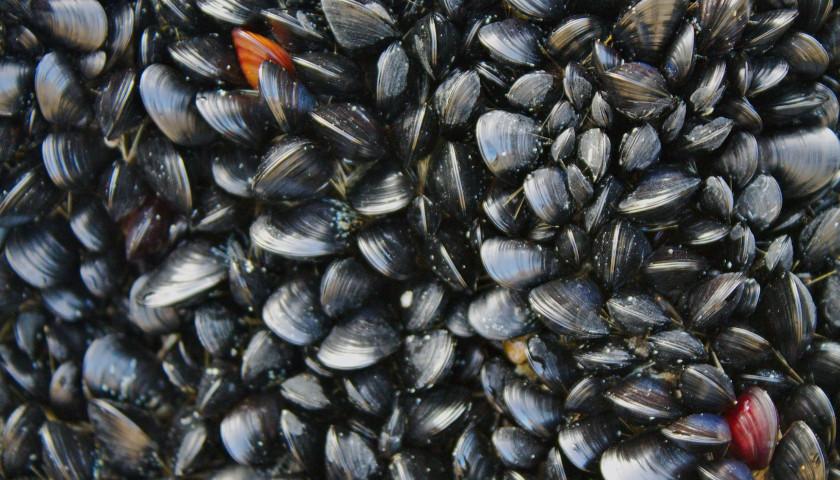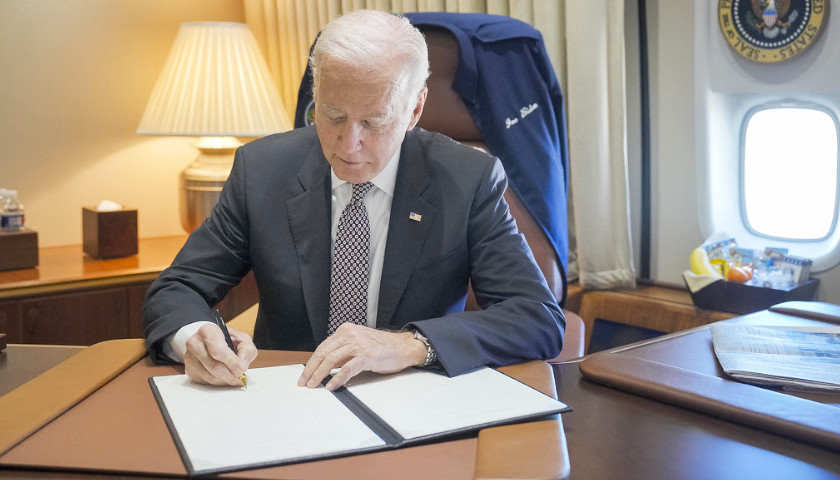U.S. congressmen pushed back against a proposed rule listing Rio Grande mussels as an endangered species.
The U.S. Fish and Wildlife Service proposed this new rule on July 25th, listing the Salina mucket and the Mexican fawnsfoot mussels as endangered under the Endangered Species Act (ESA).
The ESA provides a program for conserving threatened and endangered plants and animals and the habitats in which they are found.
The rule also aims to designate nearly 300 river miles of critical habitat for the mussels along the border.
According to the U.S. Fish and Wildlife Service, they received a petition on June 18th, 2007, from the Forest Guardians (now WildEarth Guardians) requesting that they list 475 species in the southwestern United States, including the Salina mucket, as endangered or threatened.
Then, on October 15, 2008, they received another petition from WildEarth Guardians, requesting that they list six species of freshwater mussels, including Mexican fawnsfoot, as endangered or threatened and designate critical habitat for them.
Five U.S. congressmen sent a letter to President Joe Biden and Secretary of the Department of the Interior Deb Haaland voicing concern with this proposed rule, including the “highly suspicious timing” of its release.
On July 24th, the Justice Department filed a complaint against the state of Texas for placing a floating buoy barrier in the Rio Grande River; the very next day, the U.S. Fish and Wildlife Service proposed its new rule after sitting on the petitions to classify these species as endangered for over 14 years.
The letter also draws attention to the fact that between the Del Rio and Big Bend sectors where these mussels are found, over 300,000 illegal immigrants have crossed in that area just in the 2023 fiscal year alone. The lawmakers contend that designating a 300-mile-long habitat for the mussels along the border would hinder Texas’ capacity to protect the border and its inhabitants and the U.S. Border Patrol’s ability to carry out its mandate of preserving the borders and protecting American citizens.
The lawmakers leading the letter include U.S. Congressman and Homeland Security Chairman Mark Green (R-TN-07), House Budget Committee Chairman Jodey Arrington (R-TX-19), House Committee on Natural Resources Chairman Bruce Westerman (R-AR-04), and Border Security Caucus Co-Chairs Rep. Brian Babin (R-TX-36) and Rep. Andy Biggs (R-AZ-05).
According to Green, the fact that the Biden administration is now using the existence of mussels in the Rio Grande as a reason to block Texas from keeping its river barrier system in place is completely ridiculous.
“Texas has been forced to protect and defend itself because President Biden and Secretary Mayorkas won’t secure the border. The Biden administration is spending more time and effort trying to keep Texas from defending its ranchers, farmers, and others living in border communities than it is trying to fix the problem. The fact that Biden is now using the existence of mussels in the Rio Grande as a reason to block Texas from keeping its river barrier system in place is utter horse hockey. What’s next, moss? The situation at the border has reached critical levels—these political games impede the ability to carry out vital border security,” Green said.
Biggs said this proposed rule is nothing more than an attempt to destabilize the nation’s border.
“The Biden Administration’s proposed rule to designate new critical habitat and endangered species in the Rio Grande Sector to halt border barrier construction is a brazen attempt to further unsecure our nation’s southern border. The timing of this rule amid the creation of a new floating border barrier in Texas confirms the rule is politically motivated and likely legally dubious,” Biggs said.
The lawmakers ask that the Biden administration answer why it took over 14 years for the U.S. Fish and Wildlife Service to act on the petitions to declare the mussels as endangered species, answer if the new rule in direct response to the defense buoys in the Rio Grande, answer what are the causes for the endangerment of the species, and answer how much species population numbers have decreased since 2021 by September 22nd.
The lawmakers also asked that the Biden administration withdraw from the proposed rule and instead focus on combating the cartels and protecting U.S. communities.
– – –
Hannah Poling is a lead reporter at The Ohio Star, The Star News Network, and The Tennessee Star. Follow Hannah on Twitter @HannahPoling1. Email tips to [email protected]









The only endangered specie along the Rio Grande is the American citizen.